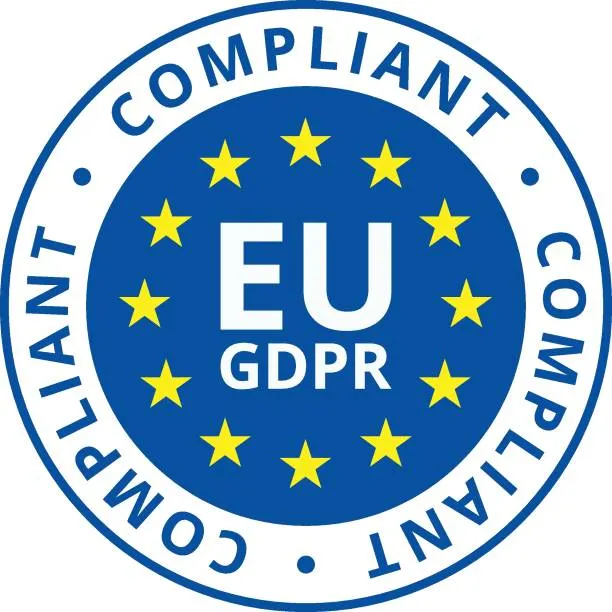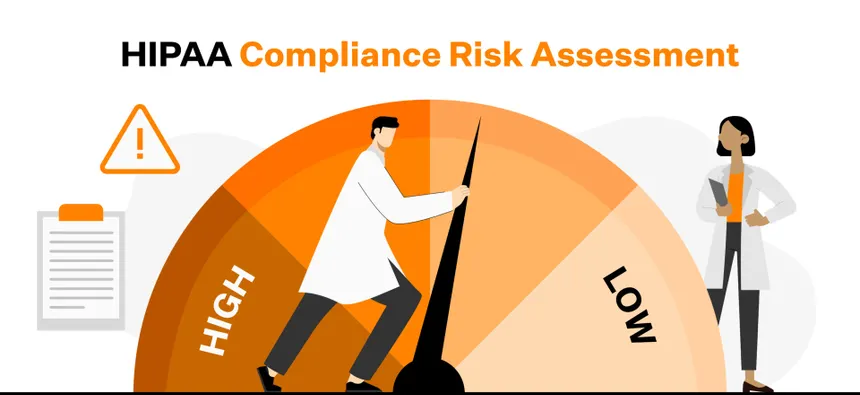Updated: 1 November, 2024
5 July, 2023
In an increasingly digital world, the management and security of our personal information have become critical concerns. Traditional centralized identity management systems, with their inherent vulnerabilities and privacy issues, are no longer sufficient to meet the demands of today’s interconnected society.

Enter decentralized identity management, a groundbreaking concept that holds the potential to revolutionize how we establish and control our digital identities. In this blog post, we will explore the fundamentals of decentralized identity management (DCI) and discuss how it is poised to shape the future.
Key Takeaways:
- Decentralized identity management places the power of identity control back into the hands of individuals, allowing for selective disclosure of personal details.
- Leveraging blockchain and cryptographic techniques, this approach ensures secure storage and transmission of identity data, reducing the risk of fraud and tampering.
- Aiming for a universal framework, decentralized identity management supports seamless authentication across various platforms and boundaries.
- By maintaining a single digital identity, users can avoid the hassle of multiple registrations, streamlining the user experience.
- Codific is dedicated to privacy and security, viewing decentralized identity management as a key component in protecting personal data within their applications.
Understanding Decentralized Identity Management
Decentralized identity management, often referred to as Self-Sovereign Identity (SSI), is a paradigm that puts individuals at the center of their digital identities. Unlike traditional systems where identity information is stored and controlled by centralized authorities, SSI leverages blockchain technology and cryptographic principles to distribute identity data across a network of interconnected nodes. This decentralized approach gives individuals greater control, privacy, and security over their personal information.
Key Principles and Benefits
a. User Control
Firstly, decentralized identity management empowers individuals to control their digital identities. Users can selectively disclose identity attributes without revealing unnecessary personal details, ensuring privacy and minimizing the risk of identity theft.
b. Security and Trust
Secondly, through leveraging cryptographic techniques, SSI ensures secure storage and transmission of identity information. The use of distributed ledgers, such as blockchain, adds an extra layer of integrity that makes identity fraud and tampering virtually impossible.
c. Interoperability
Thirdly, DCI systems aim to establish a universal framework for identity verification across different platforms, organizations, and even geographical boundaries. This interoperability fosters seamless identity authentication and reduces reliance on siloed, closed systems.
d. Reduced Identity Redundancy
Finally, users can maintain a single digital identity in a decentralized identity ecosyste. This can be utilized across numerous services and applications. It eliminates the need for multiple usernames, passwords, and registration processes, improving user experiences and lowering administrative overhead.
How Decentralized Identity Management could be Revolutionary
Overall, DCI systems have the potential to promote diversity, privacy, and individual empowerment by providing a secure and flexible means of identity verification, especially for people who encounter difficulties in traditional identity infrastructure.
Additionally, instead of relying on centralized authorities to store and manage identity data, individuals can store their own identity credentials using these cryptographic techniques. This enhances privacy by reducing the amount of personal data held by centralized entities, hence reducing the risk of data breaches and unauthorized access.
Why are Codific Interested?
At Codific, we deeply care about privacy and the security of our applications. We understand the importance of protecting personal data and giving individuals control over their digital identities. Our application, VideoLab, handles sensitive information, and privacy is one of our top priorities. We believe that decentralized identity management aligns perfectly with our values and goals.
Additionally, Decentralized identity management technology provides enhanced privacy and security measures, empowering individuals to control their own identities and personal information. By implementing decentralized identity management in our applications, such as VideoLab and Sara (our virtual assistant), we can ensure that our users have greater control over their data, reducing the risks of data breaches and unauthorized access.
Conclusion
Decentralized identity management (DCI) technology holds immense promise in enhancing privacy, security, and user control over digital identities. At Codific, we are looking into implementing this technology in our applications to provide our users with the highest level of data protection.
Additionally, DCI mangament improves security, privacy, and user control, transforming the operations of numerous businesses and paving the path for a more connected and trustworthy digital future. Decentralized identity management has the ability to transform our digital landscape for the better as the technology grows, overcoming difficulties and gaining greater use.
Finally, as we move toward a digital-first world, the evolution of identity management is crucial. Decentralized identity management is a promising solution.
Want to learn more about SAMMY, the free management process and tool? Follow this link! https://sammy.codific.com/



